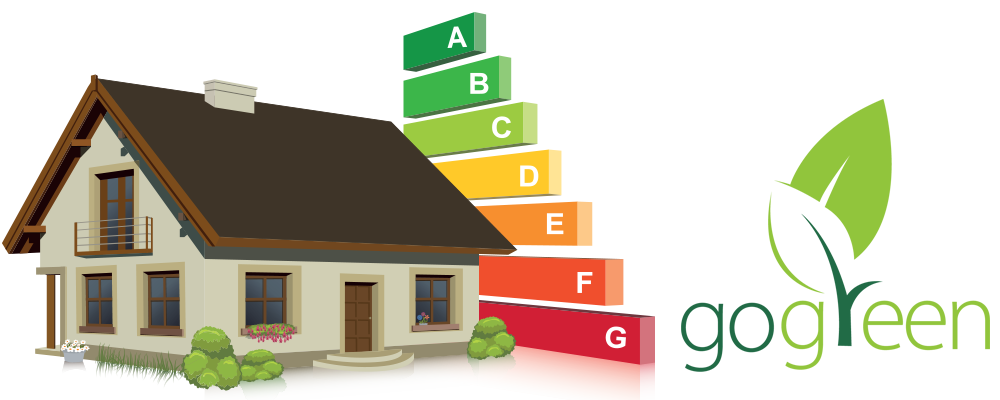
Energy Efficiency
Eliminate drafty rooms, stop leaks, sound proof walls, lower your energy consumption, and add value to your home.
Are you frustrated with high energy costs? Does your home feel cold and drafty? Is your basement rec-room cold and uncomfortable or for that matter is your basement unfinished?
Most homes will have up to 50% of their heat flow to the outside when it should remain inside the home. In winter, cold air seeps in and the warm air that you paid for escapes. You can feel it happening around your doors and windows.
Leakages can be caused by the following areas of your home:
- Floors, Walls, & Ceilings
- Windows & Doors
- Additions with basements/crawlspaces
- Fans & Vents
- Fireplace, Duct work, & Plumbing Entries
- Porch Overhangs
- Rooms above garages
Most moisture problems in houses are due to moisture entry from air leakage. Because spray polyurethane insulation provides such an excellent air barrier, this source of moisture is virtually eliminated. Other potential sources of moisture can be excluded with proper construction techniques and materials. Unusual building use (such as freezers or swimming pool buildings) may require a vapor retardant. Contact Premium Spray Products regarding your specific situation if you have any questions. For more information: read about moisture vapour transmission.
Yes. Building codes provide for the use of spray polyurethane insulation.
Yes! Closed cell foam is rigid and structural. Your walls will be more resistant to winds and you’ll notice less creaking and shaking when doors are slammed or when the kids are romping about.
Go Green
- Increasing your home’s insulation can decrease this energy usage.
- Insulation and air sealing can effectively reduce a home’s greenhouse gas emissions and thereby reduce your ecological footprint. For example, a home with natural gas heating and an average monthly gas bill of $115 could reduce green house gas emissions by as much as 4000 lbs.
- If your home was built before 1985, upgrading your insulation can reduce your energy usage by up to 35%. Moreover, if your home was built prior to 1960, upgrading your homes insulation can decrease its energy usage by over 40%.
- By deciding on the right insulation, the use of gases and VOCs that contribute to climate change or ozone depletion can be minimized.
Major Benefits
- High “R” value per inch (7.4)
- Rapid installation and reduced labour costs
- Sound proofing
- Seamless application
- Moisture and impact resistant
- Can be applied almost anywhere
- High tensile strength; will not sag
- Versatile; conforms to any shape
- Will not expand & contract with temperature changes
- Environmentally friendly
- Outlasts other insulating materials
- Acts as a fire retardant
- Reduces your energy cost resulting in further savings
- Prevents airborne pollutants and pollen from entering your home
- Stops air and moisture filtration
- Adds strength to the building structure
- Maintenance free
